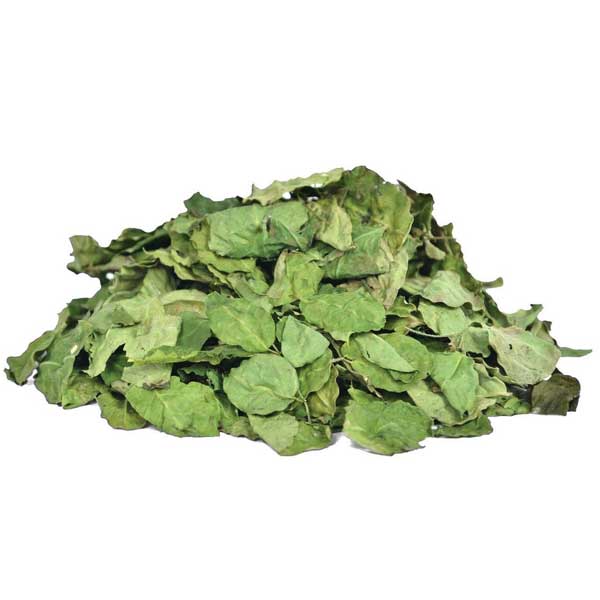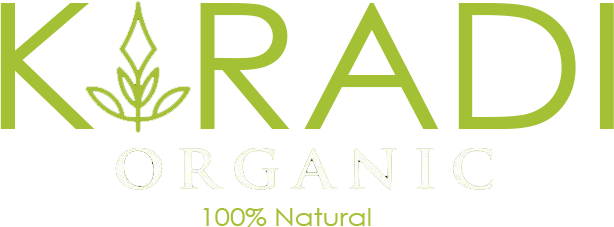
Henna, a centuries-old art form, is often associated with intricate designs and vibrant temporary tattoos. However, this natural dye, derived from the Lawsonia inermis plant, offers far more than just aesthetic appeal. From its rich cultural significance to its various health and wellness benefits, henna has evolved into a multifunctional product that goes beyond mere decoration. Whether used for beauty, health, or relaxation, the benefits of henna are truly diverse and worth exploring.
1. Natural Beauty Enhancement
One of the most common uses of henna is for creating stunning body art. Henna designs are popular for weddings, festivals, and special occasions. The plant’s natural dye produces a rich, reddish-brown stain on the skin that can last anywhere from one to three weeks, depending on factors like skin type and aftercare.
Henna can be applied in a variety of ways, from delicate floral patterns on the hands and feet to bold, geometric designs on the arms and legs. For brides and those attending cultural events, henna is often seen as a symbol of beauty, celebration, and auspiciousness. It serves as a natural and temporary alternative to tattoos and is free from the risks associated with ink-based permanent tattoos.
2. Cultural and Spiritual Significance
Henna holds immense cultural and spiritual importance in many regions of the world, particularly in South Asia, the Middle East, and parts of North Africa. In these cultures, henna is more than just a beauty treatment; it’s a symbol of good luck, fertility, and prosperity.
In Indian weddings, for instance, the bride typically has elaborate henna designs applied to her hands and feet as part of the pre-wedding rituals. The darker the henna stain, the more auspicious the marriage is believed to be. Henna is also used in Islamic traditions during festivals like Eid and Ramadan. It is considered a way to enhance one’s spiritual connection, creating a calming and meditative experience while also adding a layer of beauty.
For many people, applying henna can become a spiritual practice. It’s not just about the visual outcome; it’s about the process itself. The act of creating henna designs often involves deep concentration and mindfulness, helping to bring the individual into a peaceful, almost meditative state.
3. Natural Hair Dye
Henna is not only used for body art but also as a natural hair dye. Unlike chemical hair dyes, which often contain harsh ingredients like ammonia and peroxide, henna provides a safe and natural alternative. When used on hair, henna imparts a beautiful reddish-brown color, though the exact shade can vary depending on your natural hair color and the length of time you leave the henna on.
Henna also has a conditioning effect on the hair. It strengthens the hair shaft, improves hair texture, and helps combat dandruff. Regular use of henna can even promote hair growth by stimulating the scalp and improving blood circulation. Furthermore, because henna is free from toxic chemicals, it’s a popular choice for individuals with sensitive skin or those looking to avoid the harsh effects of synthetic dyes.
4. Skin and Health Benefits
In addition to its beauty and cultural uses, henna has a long history of being used for medicinal purposes. In traditional medicine, particularly in Ayurvedic practices, henna is considered beneficial for a variety of health conditions. Its soothing and cooling properties make it an effective remedy for heat rashes, sunburns, and inflammation.
Applying henna to the skin can help relieve the symptoms of certain skin conditions, including eczema and psoriasis. Its natural antifungal and antimicrobial properties can also help prevent infections, making it a useful topical treatment for minor cuts, burns, and abrasions.
Additionally, henna is known for its ability to improve circulation. When applied to the skin, it can increase blood flow to the area, which may aid in healing. Henna’s soothing properties also help calm the nervous system, making it an excellent tool for relaxation.
5. Stress Relief and Relaxation
One of the lesser-known benefits of henna is its ability to promote relaxation and stress relief. The process of applying henna, with its intricate patterns and focused attention, can have a meditative effect. As a result, many people turn to henna during stressful times, as the process can help clear the mind and reduce anxiety.
The act of sitting down and having henna applied, particularly in a calm and quiet environment, allows the individual to disconnect from the pressures of daily life. This time of relaxation can help reduce mental and physical stress, providing a sense of calm and peace. Some people even incorporate henna into their meditation or self-care routines for this very reason.
6. A Holistic Approach to Beauty
Henna’s benefits go beyond its external beauty-enhancing properties. It serves as a holistic beauty treatment that connects the body, mind, and spirit. The natural application of henna allows individuals to embrace their creativity and self-expression while fostering a deeper connection to their culture and heritage.
In contrast to many synthetic beauty treatments, henna’s natural composition allows it to be an eco-friendly and sustainable option. Its plant-based ingredients are biodegradable and free from harmful chemicals, making it a more environmentally conscious choice for those who value sustainability.
7. Eco-Friendly and Chemical-Free
As an all-natural dye, henna is a much safer and more eco-friendly alternative to chemical-based body art and hair products. Traditional henna is made from the powdered leaves of the henna plant, which are ground into a fine powder and mixed with water to create a paste. This paste is then applied to the skin or hair, leaving behind a beautiful stain.
Unlike synthetic dyes and paints, which can be loaded with chemicals that harm the environment, henna is completely natural and biodegradable. For individuals who are conscious about their environmental footprint, henna offers an eco-conscious option for personal care.
8. A Temporary yet Meaningful Mark
Another key benefit of henna is that, unlike permanent tattoos, it’s a temporary form of body art. The designs typically last between one and three weeks, giving individuals the opportunity to experiment with different styles without the long-term commitment of a permanent tattoo. This makes henna a popular choice for people who want to express themselves artistically or mark special occasions without the permanence of a tattoo.
Whether for a wedding, a festival, or just because, henna allows individuals to create meaningful marks on their bodies that are temporary but hold deep cultural or personal significance. The short-term nature of henna designs also makes them more accessible, as people can change their body art as often as they wish.
Conclusion
Henna is more than just a beautiful form of body art. It is a powerful symbol of cultural tradition, personal expression, and well-being. From its use as a natural hair dye to its medicinal properties and stress-relieving benefits, henna offers a wide range of advantages that go beyond just aesthetic appeal.
Incorporating henna into your life allows you to connect with a rich cultural heritage while also benefiting from its numerous wellness attributes. Whether you’re looking for a safe, natural beauty treatment, a relaxing form of self-care, or a meaningful way to mark a special occasion, henna can be the perfect solution. Embrace the many benefits of henna, and discover how this ancient art form can enhance your life in more ways than one.






